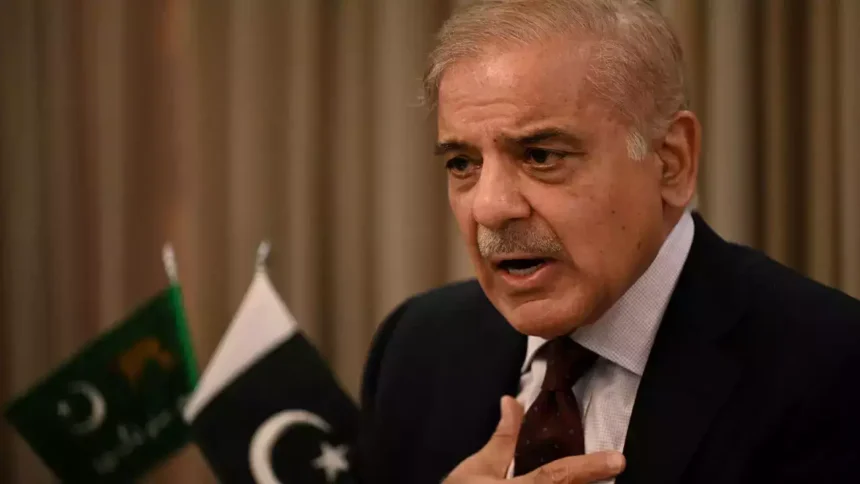In a significant move, Pakistan’s Foreign Minister Bilawal Bhutto Zardari attended the Shanghai Cooperation Organisation (SCO) meeting in India on Thursday, marking the first high-level visit from Pakistan to India in a decade. The visit comes at a time when the bilateral relationship between the two nations is strained, with issues such as terrorism and the Kashmir dispute unresolved. However, Pakistan’s Prime Minister Shehbaz Sharif has described the visit as a reflection of Pakistan’s commitment to the SCO Charter and multilateralism, as well as its desire to promote peace and stability in the region.
The SCO is a regional multilateral organization that was established in 2001, comprising eight member states, including China, Russia, India, and Pakistan. Its primary objective is to enhance economic and security cooperation among member countries, with a focus on fighting terrorism, separatism, and extremism. In recent years, the SCO has emerged as a crucial platform for promoting regional stability and peace, particularly in South Asia.
Pakistan’s participation in the SCO meeting in India is significant for several reasons. Firstly, it reflects Pakistan’s willingness to engage with India on multilateral issues, despite the ongoing bilateral tensions. This sends a positive message to the international community about Pakistan’s commitment to regional peace and stability. Secondly, it provides an opportunity for Pakistan to build bridges with India and other SCO member states on issues of mutual interest, such as trade and connectivity. Finally, it demonstrates Pakistan’s support for multilateralism and the rules-based international order, which are essential for promoting global peace and stability.
However, Pakistan’s participation in the SCO meeting in India is not without its challenges. The most significant challenge is the issue of cross-border terrorism, which remains a significant source of tension between the two countries. India has long accused Pakistan of supporting terrorist groups that operate in India, particularly in the disputed region of Kashmir. Pakistan has denied these allegations, but the issue remains unresolved.
The SCO meeting provides an opportunity for both countries to engage in constructive dialogue on the issue of terrorism and explore ways to enhance cooperation in countering this threat. Pakistan’s Prime Minister Shehbaz Sharif has reiterated his country’s commitment to combating terrorism, and has called for closer cooperation among SCO member states to address this challenge.
Another challenge facing Pakistan is the ongoing humanitarian crisis in Afghanistan, which has the potential to spill over into Pakistan and other neighboring countries. The SCO has been actively engaged in promoting peace and stability in Afghanistan, and Pakistan’s participation in the meeting provides an opportunity for it to contribute to these efforts. Pakistan has been a key player in the Afghan peace process, and its engagement in the SCO meeting could help to further advance this process.









